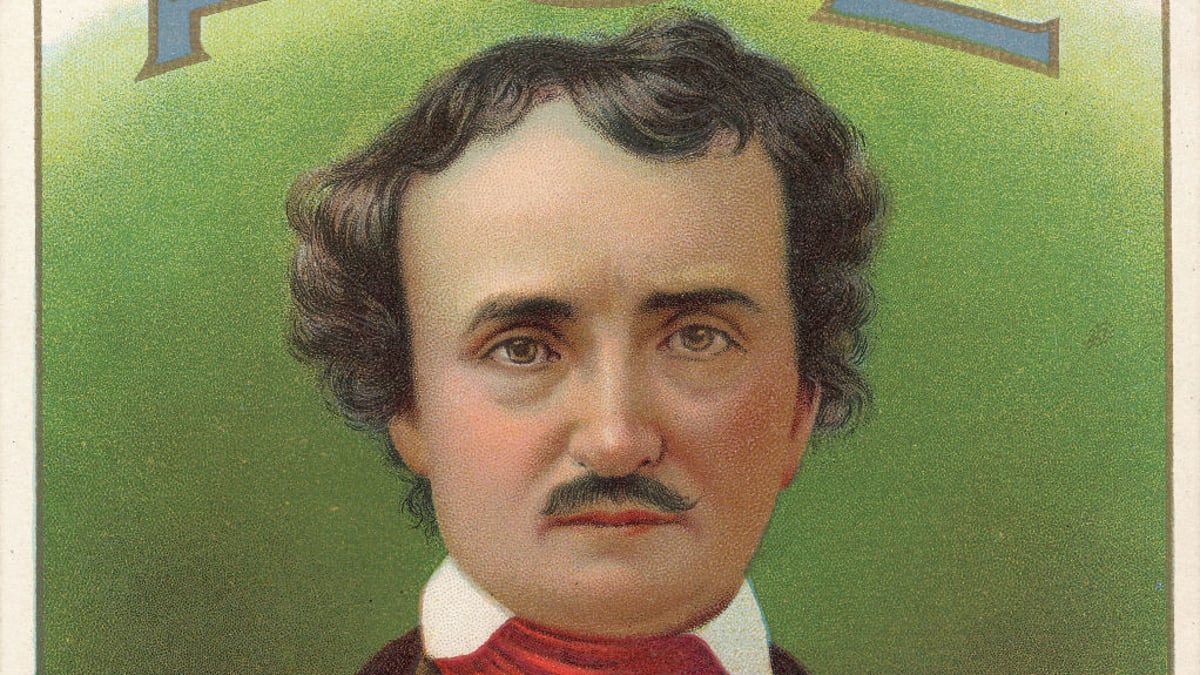When it comes to influential writers, Edgar Allan Poe is one of the most important and famous of all time. The author of “The Raven” and countless other beloved poems and short stories has been labeled the king of Gothic fiction and Romanticism, as well as being one of the first writers of detective stories and an important figure in the development of sci-fi as a genre. Yet, despite all of his many achievements, Poe spent most of his life struggling with money and ended up dying in the sort of mysterious circumstances that would have made a great premise for one of his short stories.
Over a century and a half from that time, his death is still shrouded in mystery. But what are the main theories about his demise? Read on to find out what happened to Edgar Allan Poe, and his mysterious passing at age 40!
Edgar Allan Poe’s death – what happened?
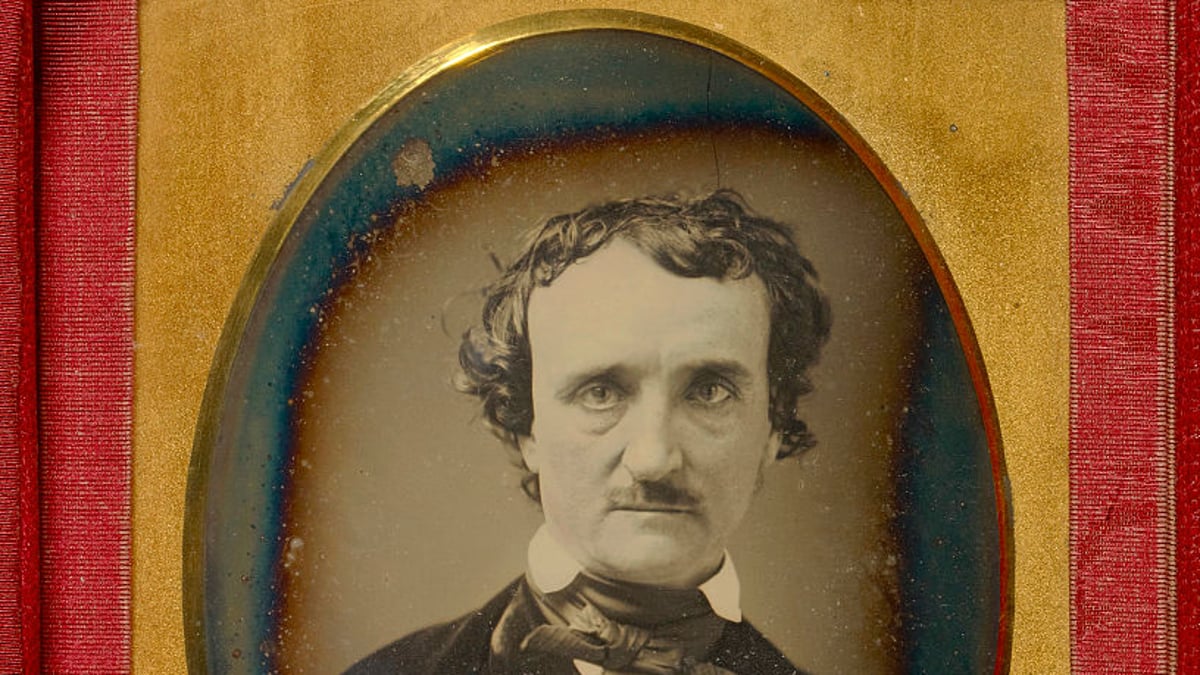
While the exact reasons for the poet’s death are still disputed to this day, the actual events of what happened are quite easy to follow. Poe had been living in Richmond, Virginia until late September 1849, but his time there had been blighted by illness. Many believed he had been drinking, too, but the author denied this. In late September, he decided to head back home to New York City, having received a job offer.
However, on Oct. 3, he was found in Ryan’s Tavern in a state of delirium. His appearance was disheveled, with onlookers describing him as “repulsive.”
Poe’s attending physician, John Joseph Moran, confirmed this state of affairs. While many have questioned the doctor’s reliability when it comes to other facets of the story, Poe’s shabbiness is something that is impossible to deny. “The Raven” writer never became lucid enough to explain how he ended up the way he did, and some even postured that his clothes weren’t his, as they were much dirtier and badly kept compared to his usual fashion.
Poe was then kept in hospital but was denied visitors and kept in a jail-like section of the building that was usually reserved for drunks. In his delirious state, the writer was said to have repeatedly called out the name “Reynolds,” who might have been a newspaper editor he worked with, or a judge he met of the same name. Some have said he was more likely to have been calling out the name Herring, who was an uncle-in-law of his who lived in Baltimore. Poe is also said to have asked about his wife, who had died earlier.
Moran claimed that Poe’s last words were “Lord, help my poor soul.” One thing we can be certain of is that he succumbed to whatever his illness was on Oct. 7, 1849, cutting short the life of one of the most influential writers of all time. If he ever had a death certificate or there were medical records about his death, they’ve been lost to time.
A dodgy doctor?
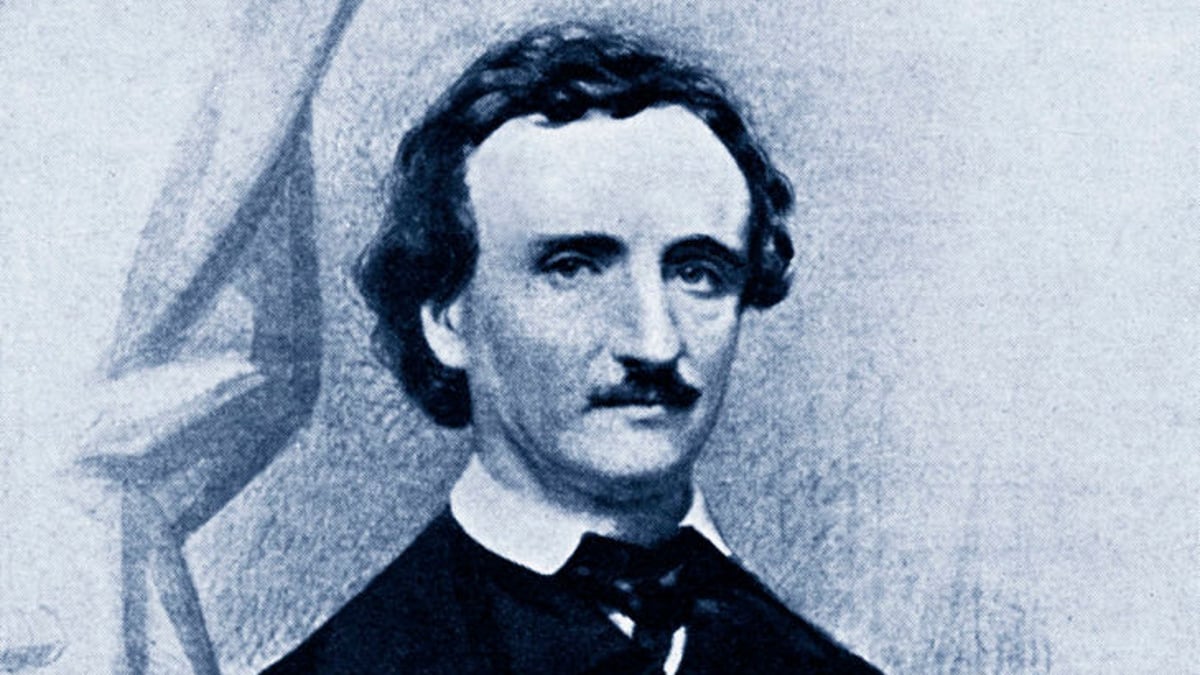
Poe’s doctor, Moran, was likely the only person to have seen Poe in his final days as the author had no visitors. His story about the famous writer’s death changed over time, and he was caught in several lies about whom he tried to contact regarding the author’s condition. While this is confusing, there’s very little chance it’s down to foul play, and more likely to have been a result of the doctor misremembering, or trying to add a little more poetry to the story of the author’s death.
A sick man?
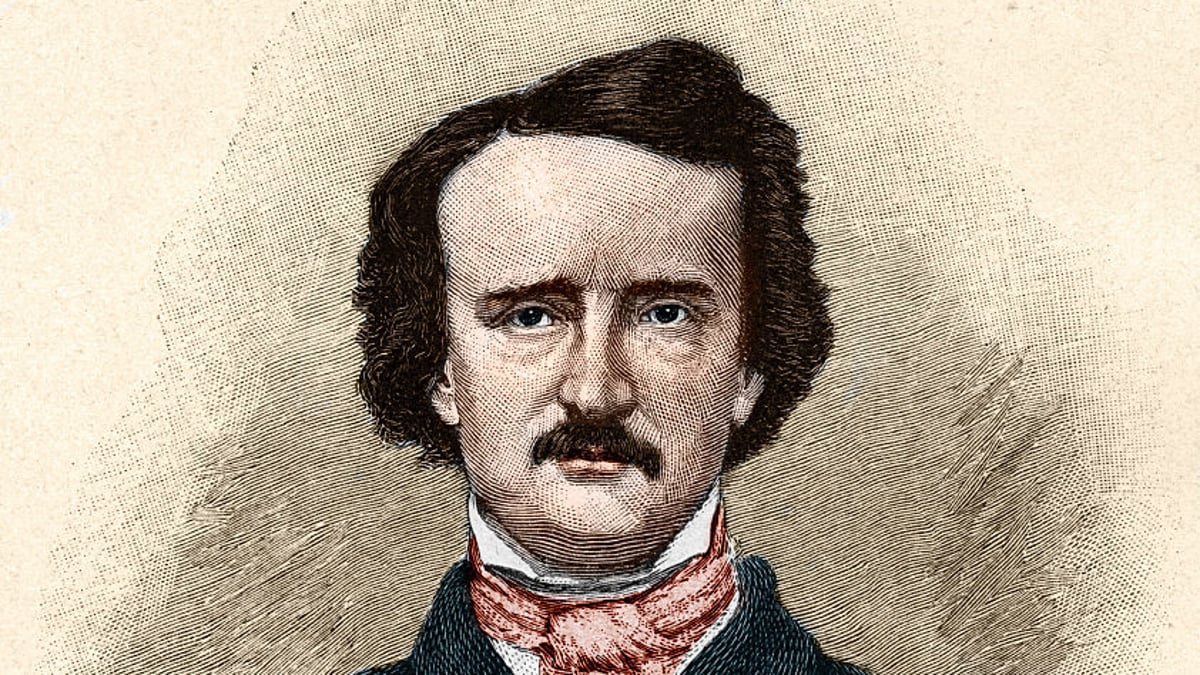
Many illnesses have been put forward as a reason for Poe’s death, including hypoglycemia, a rare brain disease or tumor, epilepsy, meningeal inflammation, diabetes, a kind of enzyme deficiency, syphilis, and apoplexy. Cholera is also sometimes listed as a reason, as is heavy metal poisoning. Frankly, it was the 19th century and medicine mostly consisted of drinking whisky, so it could have been any of these.
Nowadays, some have argued that it was rabies, given that Poe had plenty of pets and apparently developed a fear of water in his final days, as victims of the virus are prone to. Others posited that, given his history with intoxicants, he may have been in the throes of withdrawal. This was a theory put forward by J.E Snodgrass, a doctor. However, Snodgrass was a major proponent of the temperance movement, and many believe he was merely trying to raise public support for things like prohibition with his stance on Poe’s death. This unlikely theory was spread by one of Poe’s rivals, Rufus Wilmot Griswol, who wrote a mostly fake autobiography after Poe’s death in an attempt to destroy the reputation of “The Tell-Tale Heart” author.
A sad man?
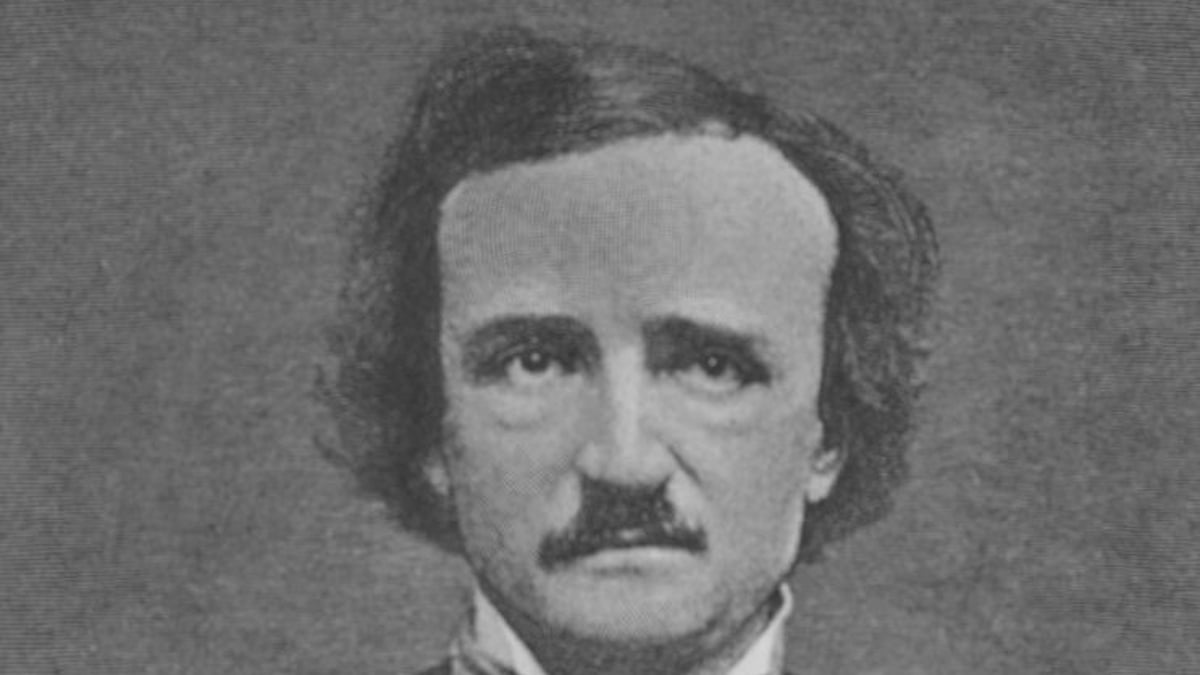
Considering how macabre the themes in Poe’s work can be, many believed he was depressed and committed suicide by overdosing on something. This theory has some weight as the author had taken too much laudanum the year prior (although most consider that was a mistake rather than an actual attempt to end his own life). However, aside from that potentially accidental overdose, there wasn’t much else to show he was suicidal, despite having depressive tendencies.
Murder and politics?
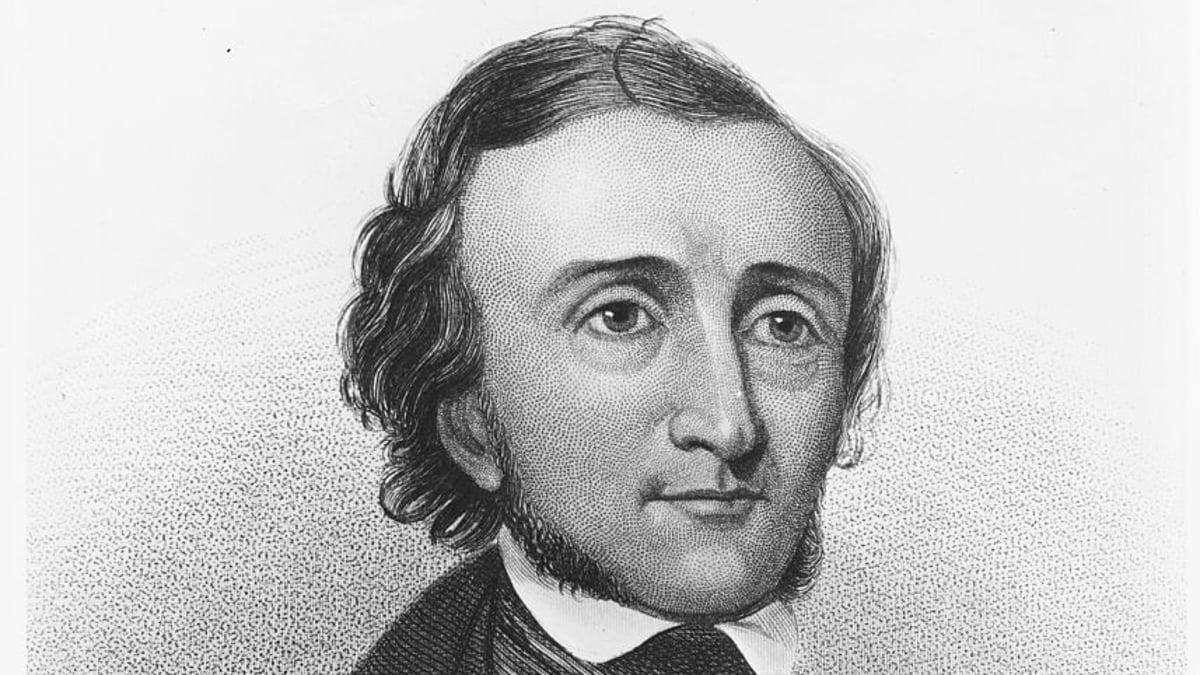
In his book, the writer John Evangelist Walsh made the sensational claim that Poe was murdered by the family of his rich fiancée, Sarah Elmira Shelton. In his version of events, the author was ambushed by her brothers in Philadelphia, where they threatened him against marrying their sister. In a state of fear, Poe allegedly found a disguise (explaining his new clothes) and hid, before trying to make his way back to Richmond to get married. However, Shelton’s brothers allegedly ambushed him in Baltimore, where they beat him and forced him to drink whisky, which they knew would lead to his death thanks to his previous brushes with alcoholism. This theory holds very little weight with most Poe scholars, though.
A final theory is that Poe was the victim of an electoral practice known as “cooping,” in which victims were abducted from the street by election gangs, drugged or forced to drink booze, and then made to vote repeatedly for a preferred candidate at multiple locations. The victims were made to dress up in different clothing so as to not arouse suspicion (hence Poe’s clothes). Again, this is seen as unlikely, although the fact Poe was found on election day does add weight to the theory.
Overall, though, Poe’s death remains a mystery that even he couldn’t have constructed. And, as sad as it is, that’s also a pretty relevant way for him to have gone.

